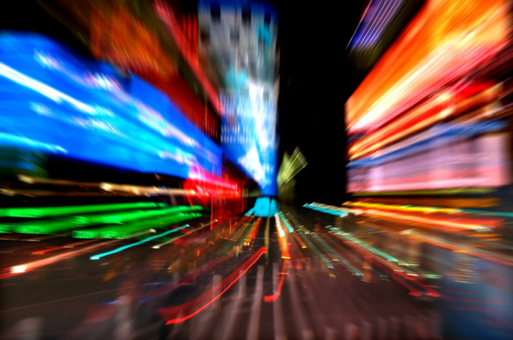The first time I truly got depressed was when I was 20 years old and the guy I was involved with told me that although he really liked me, he was still in love (with his ex-girlfriend). It was downhill from there. Failed relationship after failed relationship. More and more severe depression. Suicidal tendencies followed by a suicide attempt.
In all this chaos, there was something very important to my recovery. My diagnosis in 1999 was depression, but no one had ever addressed my hypomania. It wasn’t until I attended a NAMI (National Alliance on Mental Illness) workshop that I even learned that there was a type 2 of bipolar disorder which included not only severe depression, but hypomania as well.
After this workshop I was determined to get a more accurate diagnosis. I went to a new psychiatrist and told her that I thought I had bipolar type 2. She assessed me and confirmed what I already knew. I did indeed have bipolar disorder type 2.
It is so easy to misdiagnose someone as just depressed who actually suffers from bipolar disorder type 2. The hypomania is never as apparent as the depression. And since the hypomania is much more subtle than mania, sometimes people just think, Oh, she’s just in a good mood.
No, my highs were not just good moods. I experienced racing thoughts, rapid speech, inflated self-esteem, grandiose ideas, hyper sexuality, and overspending — all of the classic symptoms of hypomania. But for years and years, even after I was diagnosed with bipolar type 2, I was still only treated for the depression because it was the depression that was causing the suicidal thoughts, not the hypomania.
After being on SSRI’s that induced hypomanic states, I finally started seeing a psychiatrist that was educated enough about bipolar disorder type 2 to know not to prescribe an anti-depressant to someone with this type of bipolar. Instead, she prescribed mood stabilizers only. My moods stabilized after that. (Editors note: Some people with bipolar disorder do take anti-depressants, but not by themselves. They are often combined with a mood stabilizer.)
Knowing my triggers to my hypomania helps tremendously. When I am depressed, I dont want to spend any money, but when I am hypomanic I want to buy out the store. I dont have the hyper sexuality anymore because I joined a 12-step program in 2008 to address this. The other symptoms are not as severe either but they are still there.
Another big trigger to my hypomania is insomnia. During these periods of my mood cycle I get up super early or dont sleep all night. I get very excited and want to do everything under the sun. I clean like a fiend, I make lots of commitments, etc. So to manage this mood symptom I take an anti-anxiety which also helps with sleep.
What I have learned over the years is that what goes up must come down and the higher my hypomanic state, the worse my depression will be. I realized that not only is it important to manage the depression, but it is equally important to take care of myself when I am in a hypomanic state.


